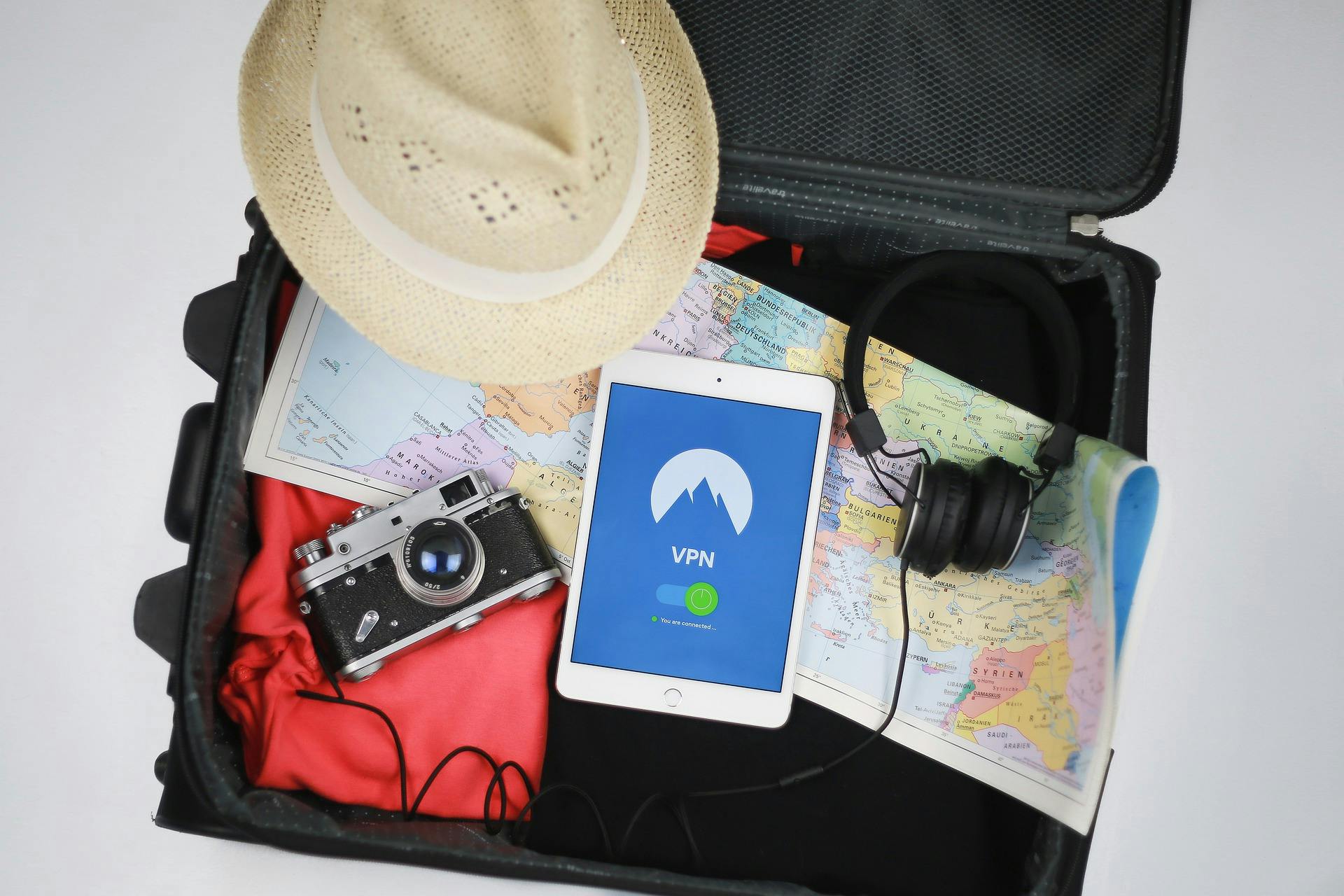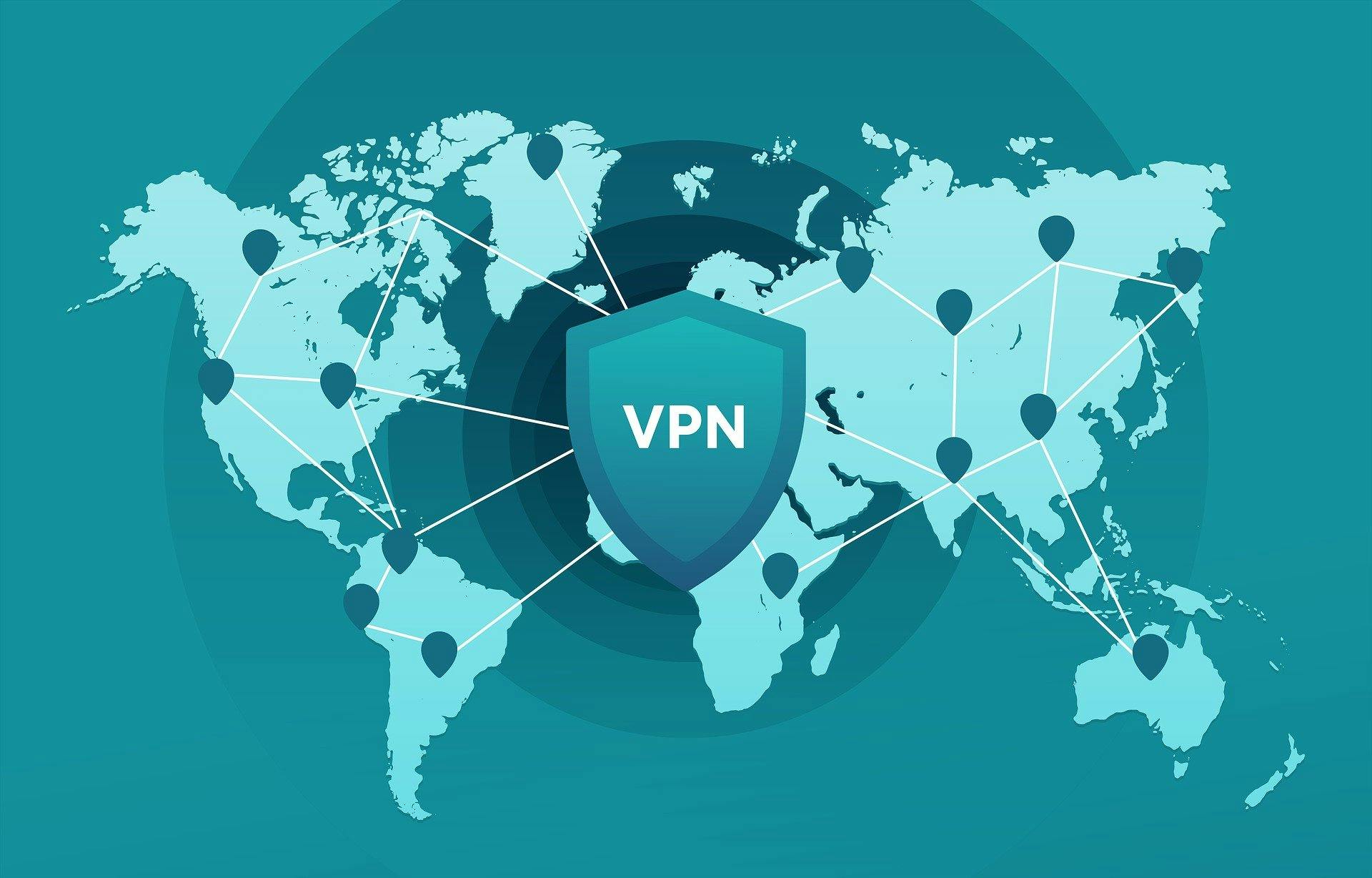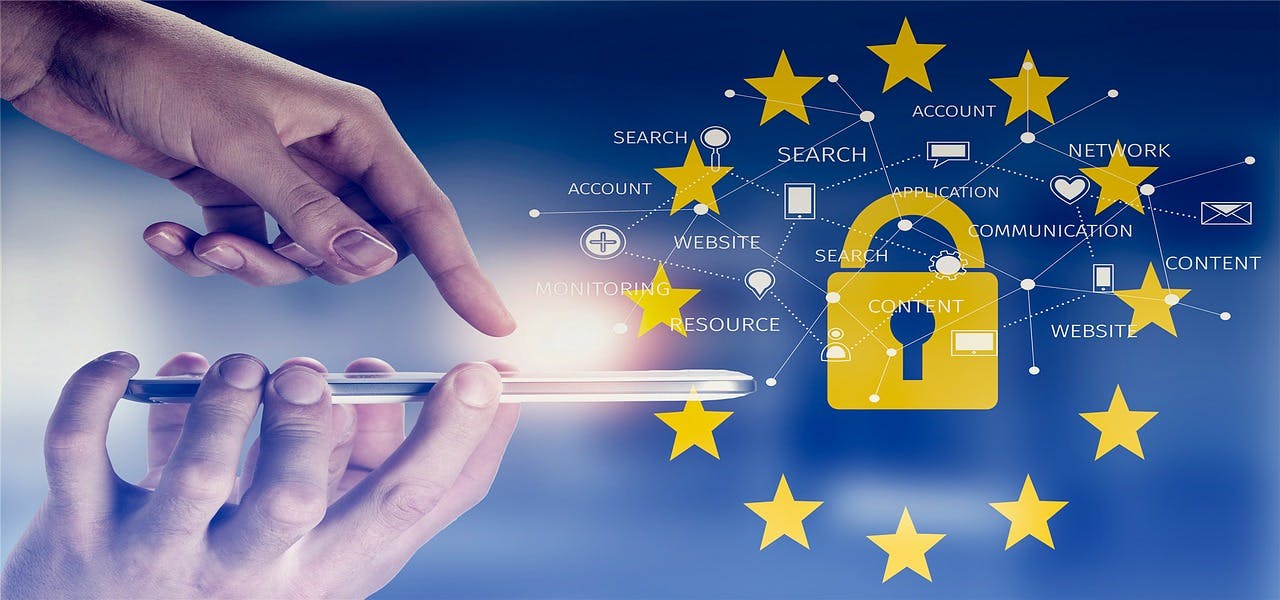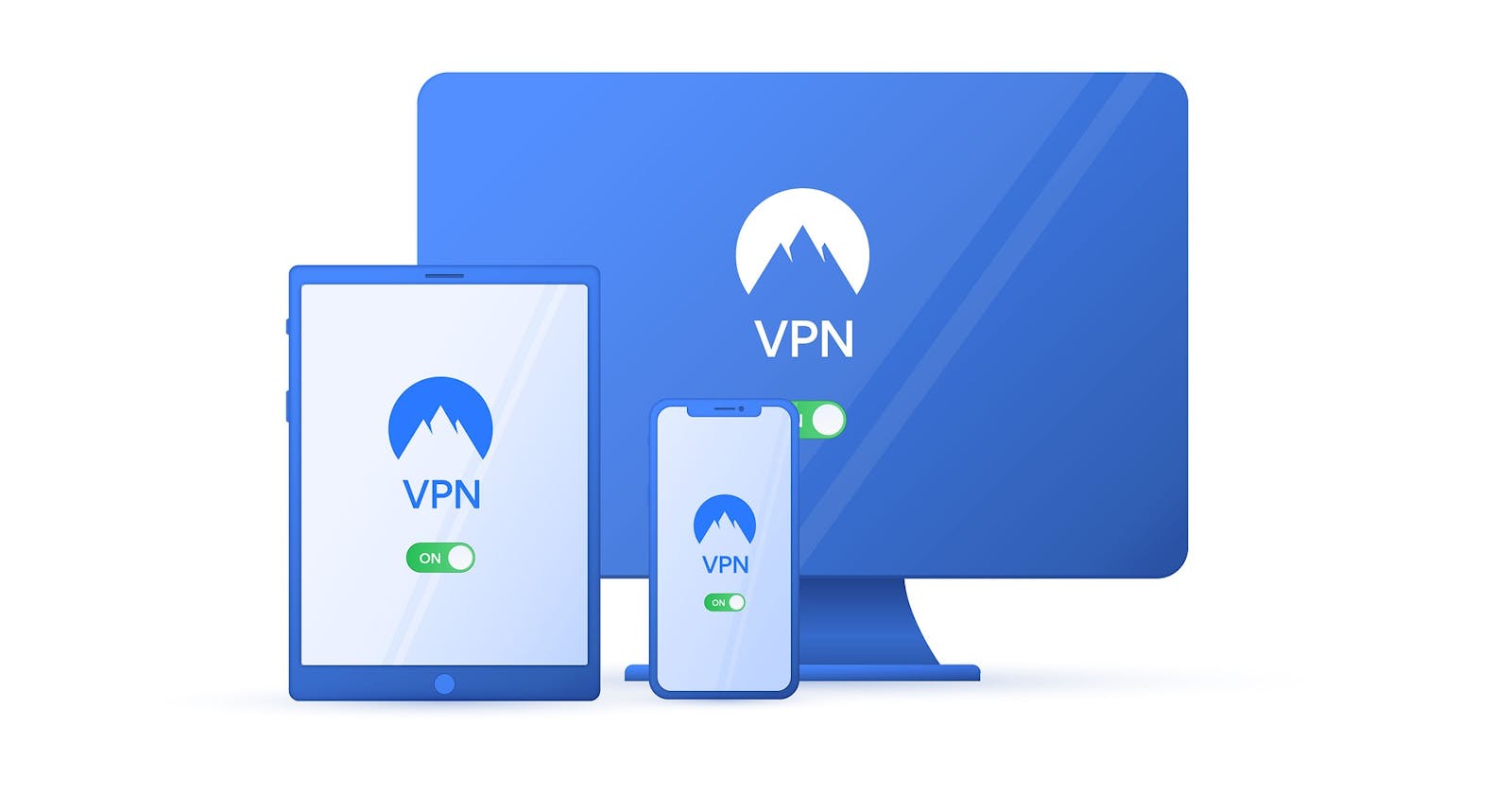*Note: This post is not a business post. It's just my personal journey in finding a VPN provider and my sentiments in regard to identity and data protection as a consumer. My intended audience are those with very little or limited knowledge about VPNs and those searching for information.
As milk is an essential way for young children to receive calcium, protein and fat needed for their development, VPNs have become an essential part of my adult life. I went from not knowing what a VPN was to being somewhat obsessive about checking that my cell phone is connected my personal VPN.
USING VPN FOR WORK
My first introduction to VPNs was several years by using a VPN connection from home in order to access my computer at work, Remote Access VPN. Because of the Convid -19 pandemic, I now exclusively use a VPN for work. VPNs allow my team and other work partners to work from the comforts of home. We are more productive and happier working this way. Most of the time, we dress how we want, we avoid traffic and parking, we save money, we are far less stressed from managing work, appointments, children and emergencies. This is possible because of VPNs.
When I joined a technology training program the CONNECT button on the Citrix App of my work laptop took on new meaning. I learned how a VPN really works; it’s not just a click of a button. Rather, it is a tunnel through the public internet. This tunnel is safe – protects data and identity - because it uses the Internet Protocol Security (IPsec).

IPsec provides security while using the public internet in the following ways:
- Authentication – the user and the server on both the endpoints of the connection are verified. This eliminates the possibility of a man-in-the-middle attack. No one can pretend to be a server or a user and intercept packages from the true server or the true user.
- Encryption – Algorithms are used to encrypt all data traversing through the tunnel over the internet and keys are issued and needed to decrypt the data.
- Message Integrity – Hashing algorithms processes data through a hash to make sure that data remains unchanged.
- Non Repudiation – Verification of what actions has taken place. This tracks the actions taken on both endpoints such that the action of sending a packet can not be denied.
USING VPN FOR CLIENT USE
My first VPN deployment was using OpenVPN on a Linux virtual machine. I remember it vividly because I was brand new to configuring technology services and any success was celebrated. Deploying a VPN is not difficult but for a first timer, it was a learning experience of reconciling several error messages and more hours passed than I care to even recall. I knew that I was finally successful when the processing shown on the screen lasted for several seconds and the output detailed an Admin UI address and a Client UI address. Oh, what joy! I immediately imagined myself connecting clients and accessing the VPN console to configure settings and giving my clients the address that they could use for access. Deploying and configuring VPNs is essential for a Cloud Architect; assures me that I will be able to provide quality service to my clients and create Site to Site VPN or Remote Access VPN connection.
USING VPN FOR PERSONAL USE
One of my associates, an expert traveler who operates a group travel service, introduced me to using VPNs for personal privacy and protection. Prior to going on one of her travel adventures, she said “we can’t go safely and securely without a VPN”. She sent out a VPN app and admonished the group to not use the internet without first connecting to the VPN service. It was clear to me that VPN use would be an essential part of our travel adventure.

Recently, I explored the need for personal use of VPNs all of the time.
Why would I use a VPN service all of the time?
What would be the benefits?
Would it be worth the cost?
Like many people, I have been a victim of identity theft, I have been notified that my data has been compromised several times and I have had charges on my credit card that I did not make. The increase of hacking events, and increased concern regarding identity and data security has prompted me to get the answers to these questions.
When a user connects to a VPN using their personal device, the user is using the encrypted tunnel instead of using the insecure internet connections. The tunnel connects to a proxy server which could be located anywhere around the world. This proxy server finds the web address requested by the user. Therefore, the user’s location is disguised as being the location of the proxy server.

Using the servers of the Internet Service Providers (ISP) allow for the collection of user data without user knowledge of what data is collected and who is given the data. In addition, an ISP can trace a user location and web address request. To be fair, there are VPN providers that also do this. Like ISP, these providers may be selling user data and offering free services so that a user’s data is used for marketing purposes. Therefore, I only considered using VPN providers that do not collect user data, or trace user location and web address request. These type of VPN providers have a no log policy and charge for their service.
The last determination I made was how often do I really need to use a VPN for personal use. The answer became obvious to me when upon further research, I understood that a large percentage of cell phones can be highly insecure whether we are traveling, in our homes, in a business, or at work. Obviously, we wouldn’t choose to connect to an insecure public or open network to complete personal transactions as we are out and about. However, some cell phones, iPhones in particular, are regularly scanning for networks to connect to and there isn’t a way for the user to manage these wireless networks. The user is often unaware that they have connected to a network. Additionally, the user will not be able to delete unwanted networks unless they are in proximity to the unwanted network
USING A VPN - ALWAYS?
I became convinced that I should always connect to a VPN. I realized that my analysis is far from perfect and there are other factors specific to individual VPN providers. In addition, using a VPN does not 100% ensure that a user will never be hacked or data will never be compromised. Nevertheless, it seems that internet users are 100% responsible for securing their data. Data security and identity protection over the internet is virtually unregulated. Therefore, the internet user must be diligent in trying to provide protection for their data and assets. Using VPN all of the time provides an extra layer of security.

VPN – NO LOG – PROVIDERS
NordVPN
Surfshark
altasVPN
PrivateVPN
IPvanish VPN
Norton
PureVPN
Ivacy
protonVPN
Vyprvpn
HELPFUL LINKS
Let’s Talk About VPNs youtu.be/e2kuRbGzS-s
What is a VPN and What It can and Can Not Do nytimes.com/wirecutter/guides/what-is-a-vpn
Best no-log VPNs for 2022 cybernews.com/best-vpn/no-log-vpns
How to Protect Your Digital Privacy nytimes.com/guides/privacy-project/how-to-p..
10 Top Ways to Protect Your Identity Online programs.online.utica.edu/resources/article..
Written by Kenya Carl 4/1/22, revised 4/2/22
